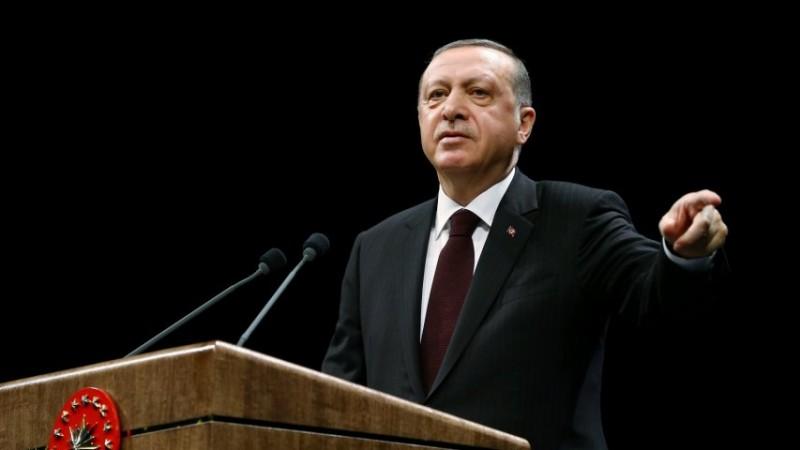
As the countdown begins to Turkey's important 'Yes/No' referendum over constitutional reforms, the opposite camps appear increasingly polarised.
A 'Yes' vote on April 16 will grant Turkish President Recep Tayyip Edogan extra judicial powers. The referendum will decide the fate of Turkey's governance system since the modern republic's foundation almost a century ago, potentially replacing its parliamentary system with an executive presidency.
Analysts have predicted a closely-contested race. However, a recent poll has suggested "Yes" votes stand to gain a narrow majority on Sunday's referendum.
Polling firm Konda said the number of "yes" voters stood at 51.5 percent, adding the survey had a margin of error of plus or minus 2.4 percent.
"When this forecast is considered within the survey's margin of error, a final judgement might be misleading," Konda said in a statement, according to Reuters.
The survey, which was carried out face-to-face with 3,462 people in 30 provinces on April 7-9, showed the voting turnout on the referendum day will be around 90 percent. The poll also said the number of undecided voters has also significantly reduced from more than 20 percent in January to 9 percent.
Pollster Gezici's survey put the number of supporters for the constitutional change at 51.3 percent, while the 'No' votes stood at 48.7 percent.
'Yes' supporter
"I watch almost all the speeches of the president. When you hear him you see that he sincerely loves this nation. No, I don't find him too aggressive. He defends us, it's normal, he's our leader," Mesut Can, 49, a grocery store owner from the Istanbul district of Gaziosmanpasa said while talking about Erdogan, AFP reported.
'No' supporter
"We say 'No', to have a more democratic system, so that we can remain in a democratic, parliamentary system, to say 'No' to a man who alone would lead a country of 80 million people," Saim Akbulut told AFP at the pro-Kurdish HDP's Ankara rally on Sunday.
The nation's referendum has damaged Turkey's relations with many of its Europe allies. The situation escalated last month when Erdogan accused Netherlands and Germany of using "Nazi-like" manoevers to block Turkish ministers from holding rallies, citing security reasons.

















